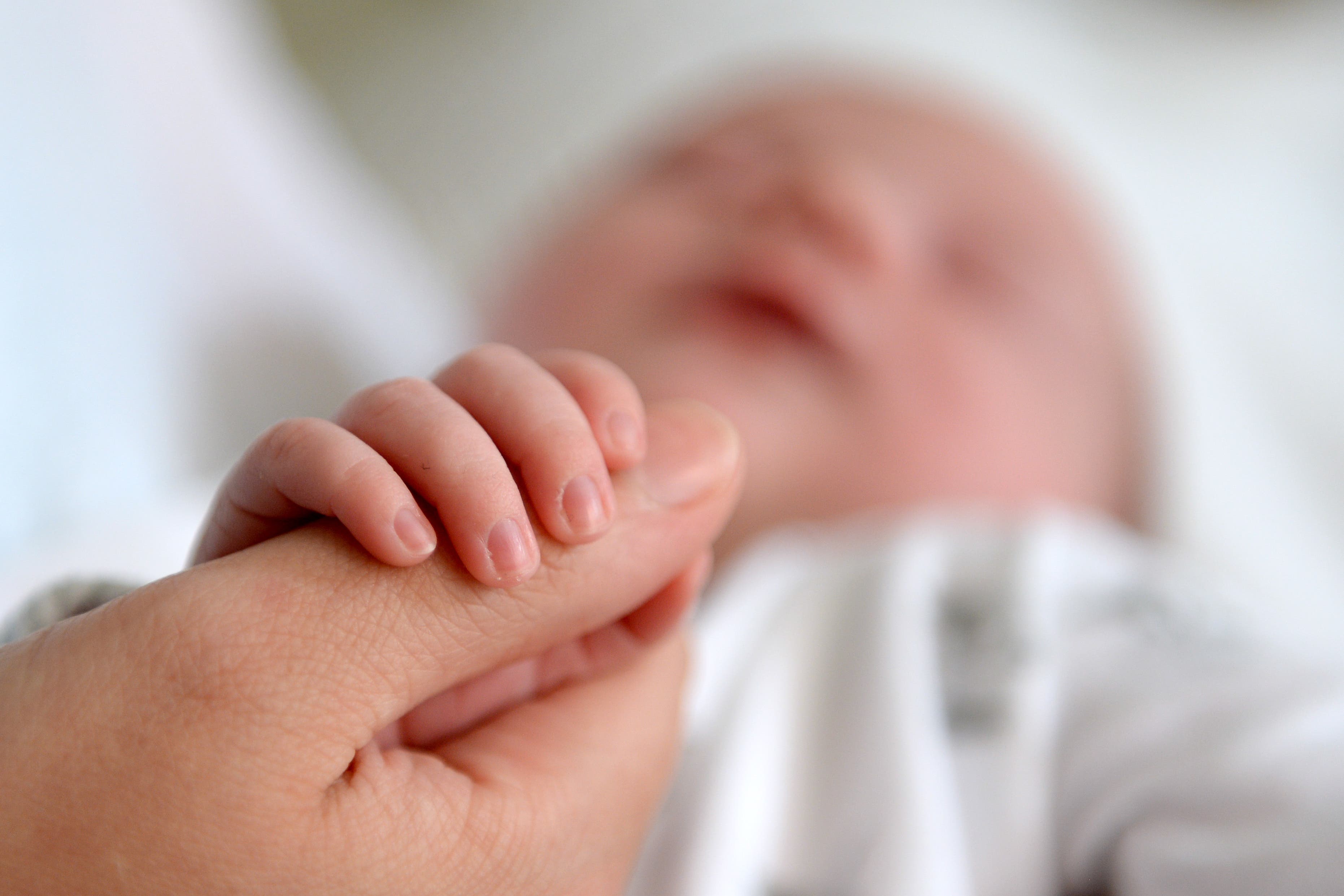Hundreds of children’s hospital beds closed amid surge in RSV cases
NHS medical director warns services face a ‘perfect storm’ this winter, with pressures higher on every front this year

Your support helps us to tell the story
From reproductive rights to climate change to Big Tech, The Independent is on the ground when the story is developing. Whether it's investigating the financials of Elon Musk's pro-Trump PAC or producing our latest documentary, 'The A Word', which shines a light on the American women fighting for reproductive rights, we know how important it is to parse out the facts from the messaging.
At such a critical moment in US history, we need reporters on the ground. Your donation allows us to keep sending journalists to speak to both sides of the story.
The Independent is trusted by Americans across the entire political spectrum. And unlike many other quality news outlets, we choose not to lock Americans out of our reporting and analysis with paywalls. We believe quality journalism should be available to everyone, paid for by those who can afford it.
Your support makes all the difference.Hundreds of children’s hospital beds have been closed to new patients amid a surge in winter respiratory viruses, new data shows.
An average of 133 children’s beds were closed last week due to outbreaks of respiratory viruses, which is more than five times higher than last year.
Children’s critical care beds were almost 90 per cent full according to the latest NHS data – 7 per cent higher than last year.
Hospitals are forced to close wards to new patients, even if some beds are empty, when they have too many patients with infectious viruses, such as RSV, and the latest figures suggest outbreaks are far worse this year compared to last.
It comes as winter virus cases in hospitals are rapidly increasing and putting pressure on the number of free NHS beds, with a 40 per cent increase in flu admissions in just one week.
The figures come as new NHS figures show it has 133,000 unfilled jobs with vacancy rates reaching a five-year high.
NHS medical director Stephen Powis warned: “The NHS is facing a perfect storm with winter virus cases rapidly increasing alongside ongoing pressures in emergency care, hugely constrained bed capacity, while hospitals continue to contend with more patients coming in than going out, with thousands of patients every day in hospital who are medically fit for discharge.”
According to public health data, the prevalence of RSV – a viral infection of the respiratory tract – had increased to 11.7 per cent across the UK in the week of 24 November. The highest rates were among under five-year-olds, at 33.2 per cent.
The data, published by the UK Health Security Agency shows as of 24 November, hospitalisations for RSV in under-fives were the highest they’ve been all year.
A senior paediatrician told The Independent: “Everything has been terrible since August, capacity has been awful since August. It's never going to get better, basically.
“Now, pretty much most practically speaking most of the [paeditatric intensive care units] will not be able to take elective surgery, because they just won’t have the capacity. But also wards won’t have space. So there will be a real challenge to get children in for elective work that requires inpatient admission.”
He said that although it was usually difficult to continue elective care for children during winter, this year would be worse.
The latest NHS bed figures are included in the second weekly snapshot of how hospitals are performing this season – and they already suggest that pressures are getting worse.
An analysis of the figures by Ben Zaranko, economist for the Institute of Fiscal Studies, found the number of patients waiting in hospital beds to be discharged for more than three weeks was the highest it has been in five years.
The data shows 11,000 patients last week waited more than an hour in ambulances outside of A&E, while more than 13,000 patients a day were waiting to be discharged.
Nearly one in three patients arriving at hospitals in England by ambulance last week waited at least 30 minutes to be handed over to A&E teams, the new figures show.
The ambulance numbers are higher than at any point last winter, and up on the levels reported for the previous week.
“Healthcare leaders are also concerned by the increase in the numbers of people being hospitalised with norovirus and flu and with the fact that nine in 10 paediatric intensive care beds were occupied last week.
NHS Providers interim chief Saffron Cordery said: “To alleviate the ‘perfect storm’ of winter pressures, the government must take action to fix chronic staff shortages. We would also encourage the government and all parties to come to a rapid agreement to avert planned industrial action.”



Join our commenting forum
Join thought-provoking conversations, follow other Independent readers and see their replies
Comments